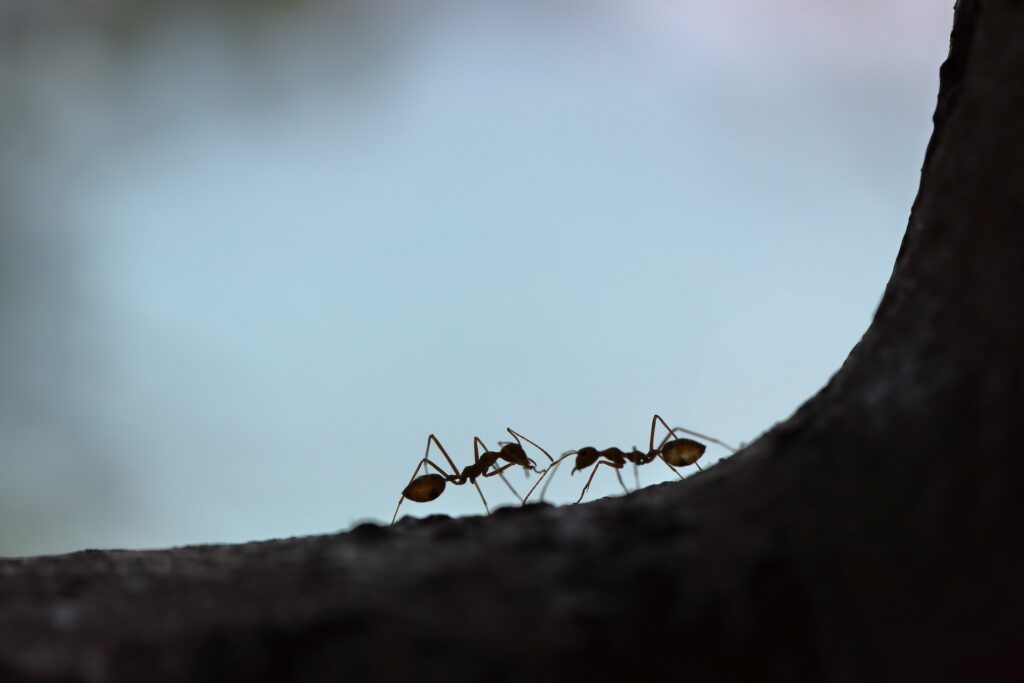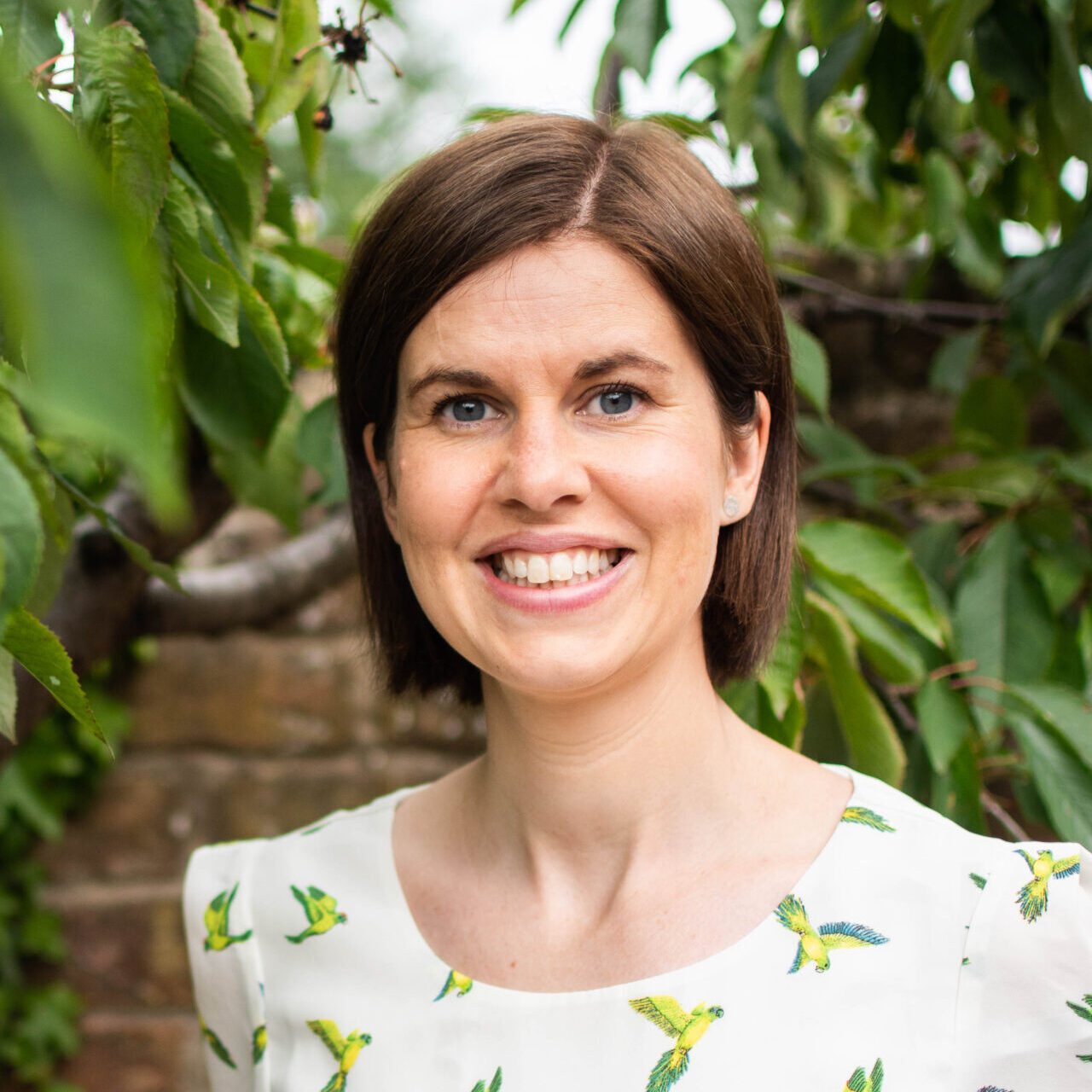Have you heard that ants are incredible network builders?
Ants are wonderful network builders. Their ability to do so, has been researched for years. Individually they cannot survive, but as a collective they can effectively communicate danger, food sources, locations and amounts, safety, their age, and much more.
Ants create strong networks built on feeling, scents and connection with other ants on an individual basis. Ants tap each other, and release pheromones as they do, enabling them to map their community e.g. where the escape hole is, or the location of a food source. They use these interactions to create a coordinated effort to survive.
There is no formal structure or hierarchy in their network. They self organise into groups, based on their strengths. They collaborate, for the greater good of the ant community.
Incredibly complex ecosystems emerge from the ants’ work.
At Miova, we often describe the ants as conveners: working together to find the solutions to problems; work for the greater good; involve and include all ants in the process and outcome; they individually cannot solve the problem or survive; they do not know the answer necessarily; connect rather than conflict; mobilise; not heroic and work together, etc.
Convening is a powerful and meaningful role and one that is seen as vital when working with complex problems. Our work at Miova, is increasingly supporting services, organisations or places, to convene people to start to tackle complex problems. Convening is (and rightly so in our view) an essential leadership role.
Wenger-Trayner, ‘Systems Convening – a crucial form of leadership for the 21st century’, sum up the power of convening in today’s world, so beautifully:
“A world where enabling change is less about planning a change process, programme management or governance systems, and more about connecting, convening and building bridges with and between many people”.
In our services, often public services, do we give ourselves the time, do we prioritise, and do we invest in connecting, convening and building bridges? If we do not, how will we create the much-needed change in healthy weight data, health inequalities, physical activity levels? We risk doing the same things again, and again, whilst anticipating different outcomes.
A great example currently is in Cheshire East, led by the council’s Public Health Team, who are starting to energise and resource their convening role for two complex problems – physical activity and healthy weight. New networks are being created which are beginning to see, discuss, and co-own the problem and potential solutions – this is an essential part of systems convening “…to get all groups involved to agree on the nature of the problem and then to accept that they own part of the problem and part of the solution.” Wenger-Trayner, ‘Systems Convening – a crucial form of leadership for the 21st century’.
Holding our nerve to truly and meaningfully convene people is hard, when there is much pressure to deliver, tackle, sort out etc., but meeting and listening is imperative to convening to create change. Wenger-Trayner, continue that “Rather than starting with the traditional project plan…start by convening all the relevant voices, engage them with the issue, sees what emerges as they start working differently together, and move forward with actions.”
In your service or organisation, do you or can you carve out time to invest in convening people to discuss and co-own problems and solutions? It is hard to have an eye on the here and now, and one eye on the future and how are we going to solve these complex problems. Somehow, we need to find a way to connect, convene and listen to people, to truly respond to the complexity we are facing.
To help, we would highly recommend the accessible and informative book by Etienne and Beverly Wenger-Trayner, ‘Systems Convening – a crucial form of leadership for the 21st century’, available from many book sellers.
If Miova can support you, with exploring how to, where to start, or to provide facilitation support for networks, we would be delighted to chat with you. Please do get in touch.

